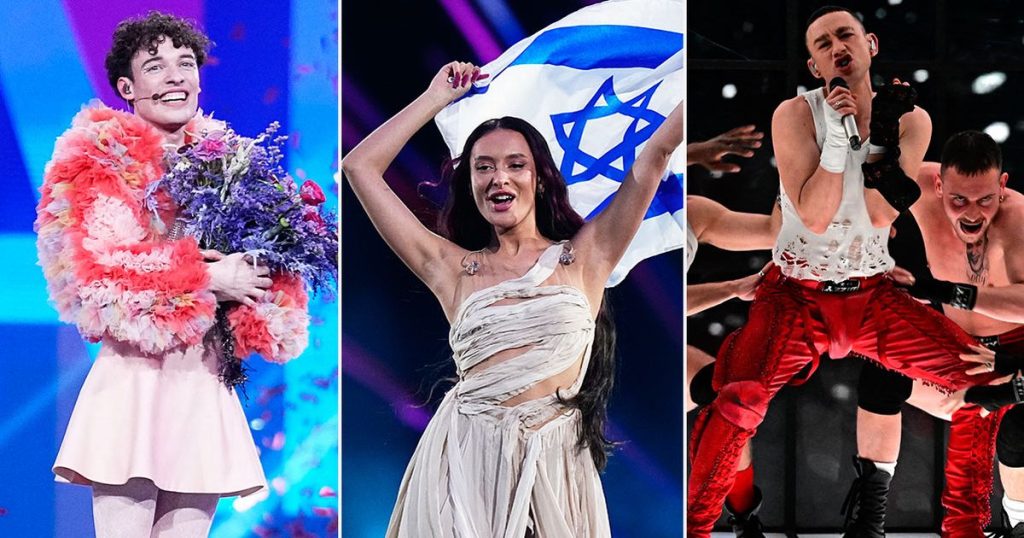The Eurovision Song Contest took place with the slogan ‘United By Music’, but controversy surrounded the event due to Israel’s participation amidst the ongoing conflict with Palestine. The final was marred by drama, including a disqualification of one act just hours before their performance due to a police investigation. EBU was criticized for allowing Israel to compete, with allegations of censorship to cover up boos from the crowd during Israel’s performance. Despite the controversy, Israel’s representative Eden Golan finished in fifth place, receiving boos from the crowd and cheers from voting countries like the United Kingdom.
Ireland’s representative Bambie Thug accused Eurovision organizers of not supporting them over a row with Israel, accusing the broadcaster of inciting violence. Bambie expressed pro-Palestine views, calling out the Israeli broadcaster for rule breaks and waiting for a response from the EBU. The behind-the-scenes pressure and hard work to change things was highlighted, with Bambie acknowledging the support of the community. Despite the challenges, Bambie finished in sixth place, delivering a strong performance. Irish premier Simon Harris congratulated Bambie for their performance and courage at Eurovision 2024.
Portugal’s entry in the contest, Iolanda, made a statement about peace and paid tribute to Palestine during her performance. However, fans accused EBU of censorship for not uploading Portugal’s performance on the official YouTube channel and allegedly removing it due to political content. Protests outside the Malmo Arena were also reported, with pro-Palestinian demonstrators shouting slogans against Israel and calling for a boycott of the competition. Despite the external chaos, the Eurovision finalists continued to perform, showcasing their talents amid the ongoing controversies.
UK representative Mae Muller criticized the Eurovision Song Contest and described it as a dystopian experience amidst Israel’s attacks on Palestine. She called for support to protect artists’ mental health and highlighted the pressure and challenges they face. Fans and viewers were engaged in discussions about the political and social issues surrounding the event, with many expressing their opinions and concerns online. The intersection of music, politics, and activism at Eurovision highlighted the global impact of the competition and the power of music to address social issues.
Overall, the Eurovision Song Contest in 2024 was marked by political tensions, censorship allegations, and protests surrounding Israel’s participation. The artists, organizers, and fans navigated challenging circumstances to showcase their talents and messages through music. Despite the controversies, the competition highlighted the unity and diversity of the participating countries while also raising awareness about pressing social and political issues. The Eurovision platform served as a space for artists to express their views, advocate for change, and celebrate music while navigating complex geopolitical landscapes.


